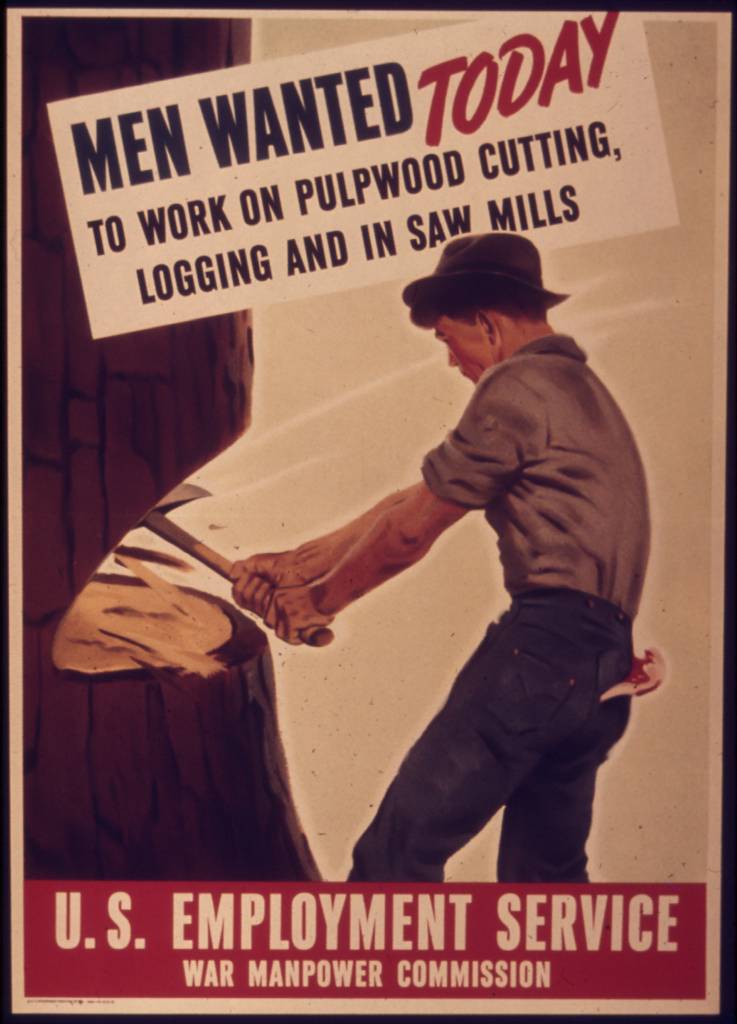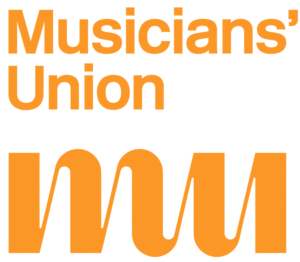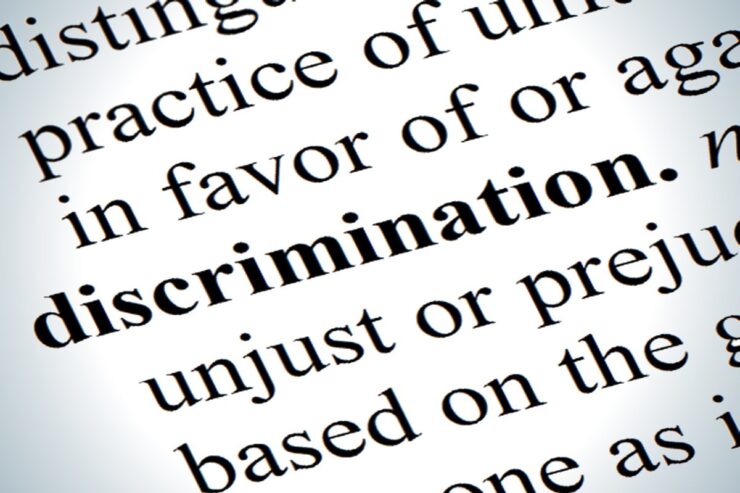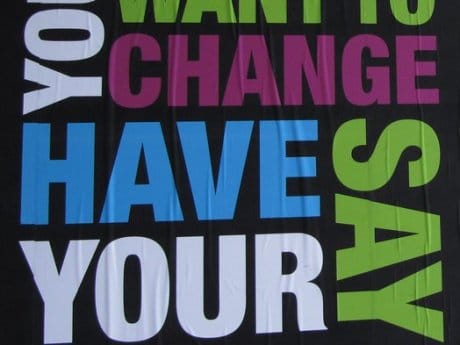The power of music as a unifying force has not just been recognised by those that create it, but by politicians, religious figures, advocates of social change, and people the world over.
It was the genius himself, Ray Charles, who famously described music as “the only universal language” and, as a community, UK musicians represent a fantastically diverse part of society.
That said, no system is perfect and incidences of discrimination inevitably occur. The government has laws and guidelines in place designed to tackle discrimination but these have to be interpreted correctly for each profession and this can sometimes lead to “inadvertent discrimination”.
This is obviously a very sensitive subject and so below is some information to help with how it might apply to everyday scenarios when looking to recruit a professional musician.
Note from the author
Although I have made every possible effort to ensure this article is properly researched, it is my interpretation of how the law may apply and written from the perspective of a musician, not that of a law professional.
The Law

- Age
- Gender reassignment
- Being married or in a civil partnership
- Being pregnant or on maternity leave
- Disability
- Race including colour, nationality, ethnic or national origin
- Religion or belief
- Sex
- Sexual orientation
How this may apply to recruiting musicians
There will be many situations when musicians will be looking to recruit new colleagues.
Perhaps a wedding or function band is looking to supplement its line up with other instruments, a singer/songwriter is looking to expand their sound by putting together a band or maybe a producer is looking for session musicians to play on a client’s recordings. The scenarios are virtually endless.
Traditionally, musicians will look to recruit from their own “network” – that is, contacts they have built up over time, and know to be right for the job.
However, if this is not the case, they will need to advertise the role. In times past, this was done in music magazines or music industry circulars, but recently, the Internet has played a bigger and bigger part in connecting musicians.
Facebook groups like the LMM run “UK Musicians for Gigs” have proved an invaluable resource when looking to recruit other musicians for gigs and projects – this particular group now has well over 38,000 members and counting!
Recently, it has been raised that some of the posts in these groups would seem to be gender specific, contain a desired age range or even contain information on preferred ethnic background or heritage.
Some possible examples may read as follows (these are fictional):
“Experienced Female Lead Vocalist required for established function band. Usual Rock/Pop covers. Must be London based (Or nearby). Minimum £150 per gig approximately 5 gigs a month. Contact example@email.com for more details.”
“Bass player needed for pub rock band. Preferred age range between late 30’s to early 50’s. Own Transport needed. North West based. Contact example@email.com”

Would this advert be allowed today?
- You must not state or imply in a job advert that you’ll discriminate against anyone. This includes saying that you aren’t able to cater for workers with a disability.
- Only use phrases like ‘recent graduate’ or ‘highly experienced’ when these are actual requirements of the job. This could discriminate against younger or older people who might not have had the opportunity to get certain qualifications.
- Where you advertise might cause indirect discrimination – for example, advertising only in men’s magazines.”
- You can specify that the successful applicant will be from a particular group if it’s a requirement of the job. For example, people under 18 cannot legally sell alcohol.
How we define “a requirement of the job” within the music industry is a very tricky subject. For example, as general rule women are going to have a higher vocal range than men, so does this constitute a “requirement of the job” for a vocalist?
The way the GOV.UK website reads, it would seem to imply that you need to be able to clearly articulate a genuine reason for specifying anything in a job advert that may be seen as infringing on a protected characteristic.
As such, it could be recommended that if your advert is to include anything that might be interpreted that way, you should state your reason for doing so. Perhaps something along the lines of these fictitious examples may be more appropriate:
“Vocalist required for Function band. Female with experience preferred due to existing repertoire choices. Rock/Pop covers. Must be London based (or nearby). Minimum £150 per gig approximately 5 gigs a month. Contact example@email.com for more details.”
“Bass player needed for pub rock band. All ages considered, but current members are between 35 and 45. Own Transport needed. North West based. Contact example@email.com”
Having your say
In the UK Musicians for gigs Facebook group, we asked the question…
Should adverts seeking musicians be allowed to contain specifics pertaining to things like gender and age that may possibly be seen as discriminatory?
Here is a just a small selection of the responses we got back:
A recent ad on here only wanted applications from 20-30 year olds, which seemed blatantly ageist, they didn’t state why. I can’t imagine what the reason could be. There needs to be a sensible reason other wise it’s illegal. Music is a career not a hobby for many of us on here, so ads should be reviewed to check they are not discriminating. Perhaps some guidelines for people wanting to recruit on here would be a good idea.
Holly Hewitt
It’s frustrating when your a 40+ musician and you see ads for 20-30 age range only. It’s not fair but I understand the reasoning.. If you’ve got a band of sub 25 yr olds you play to a demographic of similar ages.. bringing your ‘dad’ on stage might not seem “cool”!
Alun Davies
Discrimination laws should be enforced in Arts including music; however there have to be legit exceptions. As a mature male I have had the too old card shown. A recent add specified gender, race & appearance but didn’t refer to quality/style of the voice; this was totally out of order. The music must always be the main consideration, shouldn’t it?
Graeme Hollingdale
Live entertainment is a visual as well as an aural thing. Yes, the music is key, but image is very important also. Therefore, I don’t see a problem with specifying what you are seeking. Saves everyone a lot of time and wasted audition slots
Becky Curtin
Is everyone on this post aware that they are discussing THE PERFORMANCE INDUSTRY!? Have you looked at the charts recently? Entertainment always has and always will be an industry based on image, and whether we creatives like it or not we will never outnumber the majority of image conscious, corporate media guided consumers.
A point rarely made in such discussions – male and female vocalists USUALLY SOUND DIFFERENT, and sometimes the different sound rather than the appearance is required for the booking. I don’t consider these cases to be sexual discrimination.
But where do you draw the line? As a an agent I once had a client ask for recordings and photos of musicians for her event, and she eventually chose the better looking musician who was clearly nowhere near as proficient in his instrument as the other less attractive option. Disappointing but not offensive enough to turn down the booking.
So where do you draw the line? A friend of mine was asked to sing backing vocals on a television show after her recordings had impressed the producers, but they eventually rejected her as she was white and they wanted and ‘all black backing vocal section’ but had assumed from the recording that she was black. She was understandably furious.
Likewise if somebody decided not to book me because of my colour I would be outraged. But this happens time and time again in our industry, sometimes due to the stigma of black people being unreliable or bad at time keeping, sometimes due to hierarchical protocol – but usually in much more subtle ways than the blunt and callous rejection that my friend received for her TV application.
The fact is that this happens all the time. Every music video you see will have specified the race, gender, size and age of everyone in it. I know people who have been dropped as session musicians for chart topping artists as they ‘didn’t look young enough for the projected audience demographic’ anymore. I’ve never seen a male musician performing in Beyonces band or a white person accompanying Janelle Monae. They are making statements by exclusively representing the groups they feel have a minority representation in the industry. Should this be disallowed?
Enough ranting, back to the question.
Adverts for performers should be honestly out and contain as much information as possible to help find the right applicants. If you know that you have a client who will reject someone based on something they cannot change, then why waste performers time by not telling them and letting them go through the application process for nothing? It is not the adverts that need to change but the image of perceived value in our industry.
Jonathan Fashole-Luke
Important Information
If you feel you have been discriminated against, or are a victim of bullying while in an existing job role, the Musicians Union is there to help.

For more information please see the “Creating Without Conflict” campaign.
For advice on advertising a job without unintentionally discriminating, GOV.UK recommends contacting the Small Business Recruitment Service:
Telephone: 0345 601 2001 (option 2)
Textphone: 0345 601 2002
More information and advice on the government guidelines and laws concerning discrimination in advertising or while in a job role can be found here.
Share this:




















